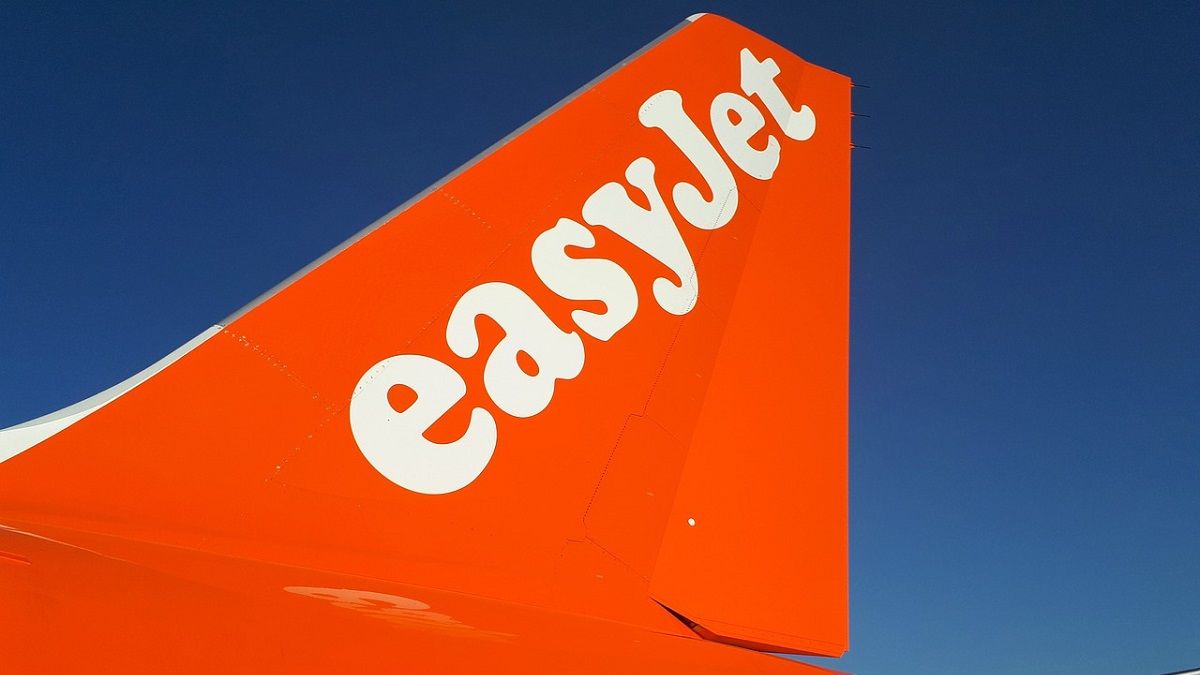Budget airline EasyJet is looking to raise £1.2bn after a disastrous period during the pandemic.
In seeking outside money, the airline acknowledged that it had received—and rejected—a takeover bid. Following the announcements, shares in the company dropped 9% on Tuesday, the day’s largest fall in the FTSE index. Since then, the company experienced a slight recovery, but share prices have continued to drop.
The news follows an Expert Investor report this week that businesses with a reputation of valuing their customers are likely a better investment bet than those that don’t. Unsurprisingly, airlines rank among those most likely to irk consumers – some even more so than others.
Share swap
EasyJet has had a tumultuous 18 months, with the indications that any recovery will be a slow one. According to reporting in The Guardian, the airline needs cash as it predicts it will not recover fully until 2023. The paper also reported that, in the six months prior to the end of March, the company had lost £701m before tax.
Other sources outlined EasyJet’s plans. According to Hargreaves Lansdown, “Participants will be offered 31 shares for every 47 they own, at a 35.8% discount to the expected market price following the issue. The group has also secured a new $400m credit facility.”
Laura Hoy, equity analyst at the company, said: “EasyJet’s asking shareholders to open their wallets to get the low-cost airline through year’s worth of unprecedented turbulence. The pandemic’s expected to continue weighing on capacity in the year ahead as the delta variant continues to spread. While nation-wide lockdowns may not resume in earnest, people are likely to start policing themselves this winter by avoiding risky travel and large crowds.”
Hoy added: “The decision to raise new capital sent shares on a nosedive. Alongside forecasts for capacity of roughly 60% over the next six months, it suggests EasyJet has a hard winter ahead.”
Airlines are not the only segment of the travel industry to have taken a shellacking during the coronavirus pandemic. The cruise firm Carnival was widely reported, including here, to have issued bonds with an 11.5% interest rate, using their own ships as capital, to shore up their balance sheets as they reportedly burned through $600m a month. Those bonds looked to borrow $4bn from investors.
Whatever EasyJet is planning, they need to release some good news soon. As of the time of writing, since Monday, shares in the company have dropped over 10%.







